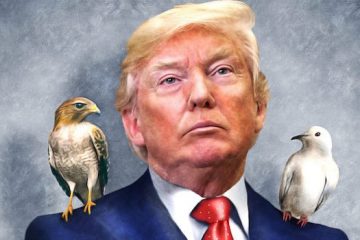
Hawk, Dove, Eagle or Headless Chicken? US Foreign Policy under Trump
In early September, President Donald Trump lost his third National Security Adviser, John Bolton. Since then it emerged that the two clashed over a number of issues, with the former advocating for US intervention in a number of countries and the latter favoring a less confrontational approach. Reportedly, Trump quipped that “if it was up to John, we’d be in four wars now.” In fact, the president has repeatedly stated his aversion to foreign (mis-)adventures. Trump’s “America First” approach to foreign policy has been at odds with Bolton’s “America Everywhere” approach from the outset. Why, then, did a president with such dovish tendencies chose a hawk’s hawk as National Security Adviser? What does the ouster of John Bolton tell us …
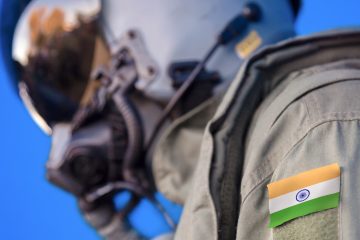
Arming without Aiming? India’s Quest for Material Power and International Influence
In terms of material military power, India does not lag far behind the traditional materially powerful states. The country ranks among the top in terms of the size of and investments in its army, air force, and navy. Furthermore, in 1998, India revealed to the world that it possessed nuclear weapons. Yet, while India has sufficient material power to be categorized as a powerful state, the country does not always think and act like a materially powerful state. For India, more material power has not been necessarily enough to ensure greater international influence. Thus far, India can be accused of ‘arming without aiming’ in its quest for greater international influence. India’s Material Powers India’s raw military power is impressive. The …
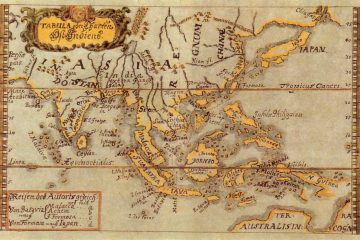
The Scramble for Southeast Asia: ASEAN-Great Power Relations in an Increasingly Contested Region
As the world’s economic and geopolitical centre of gravity shifts eastwards, a scramble for Southeast Asia is underway as the great powers seek to expand and defend their influence in this dynamic region. This renewed great power competition demands that members of ASEAN (Association of Southeast Asian Nations) revise their approaches and rethink their relations to one another and others. Southeast Asia is a crucial node in China’s Belt and Road Initiative (BRI) while the ‘Quad’ of Japan, India, Australia and the US have announced the “Free and Open Indo-Pacific (FOIP)” initiative to balance Beijing’s growing influence. New powers have also begun to make their presence felt in Southeast Asia: South Korean President Moon Jae-in has proclaimed a “New Southern …
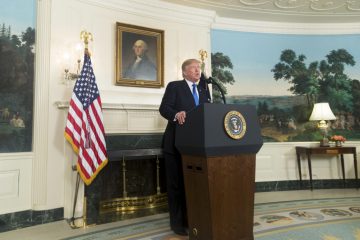
Trump’s Nuclear Gambit Threatens US Security
Three years ago, US-Iranian relations could not have been better. Once declared part of the ‘Axis of Evil’ by then-president George W. Bush, the Iran Nuclear Deal signed by his successor Barack Obama heralded a new age of more constructive ties with Tehran and the promise of greater nuclear security. While critics raised concerns that Iran would renege on the deal, these fears had proven unfounded so far – the IAEA confirmed that Iran has complied with its obligations under the agreement. Nonetheless, the Trump administration withdrew the US from the nuclear deal. Additionally, Trump has re-imposed all sanctions removed in 2015. With trust between Washington and Tehran in tatters and US carrier groups deployed to the Persian Gulf, the …
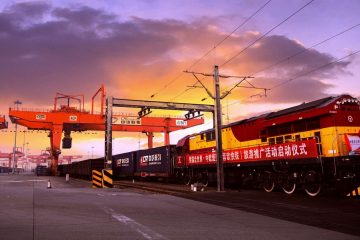
China’s Belt and Road – Threat to or Opportunity for the Liberal Order?
In 2013, Xi Jinping announced the idea of building a ‘Silk Road Economic Belt’ across Eurasia. A few months later, he proposed a ‘21st Century Maritime Silk Road.’ Five years on, these two projects have been merged in what is arguably the most ambitious economic and diplomatic enterprise of the 21st century: the Belt and Road Initiative (BRI), or One Belt One Road (OBOR). BRI involves over 80 countries across three continents and along six economic “corridors”, plus an additional route to the Arctic. It encompasses 900 infrastructure and development projects with a combined cost of US$900 billion. The Belt and Road Initiative includes projects such as the China-Pakistan Economic Corridor (CPEC), the trans-Eurasian railways network, Ethiopia’s Eastern Industrial Zone …

Japan’s aircraft carriers and the balance of naval capabilities in Asia
After much speculation about the future of the Japanese Navy, it was announced in early December that the Izumo-class helicopter carriers will be converted to aircraft carriers. This will require a substantial reconstruction of the two ships as well as the purchase of F‑35B fighter jets to comprise the carriers’ airwings. It is likely that 100 additional F-35 aircraft will be ordered to further bulk up Japanese aerial capabilities. This change is important for three reasons, firstly, Japan has not operated aircraft carriers since World War Two, secondly, they are being commissioned to contest increasing Chinese control of the northwest Pacific, and thirdly, because aircraft carriers are also under construction in the United States, Britain, China and India. We appear …
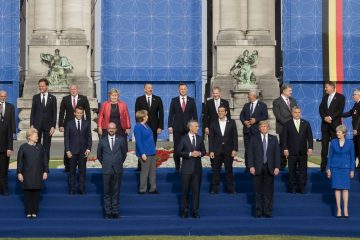
NATO, the Russian threat and defence spending
As expected, the recent NATO Summit was dominated by President Trump’s blunt criticisms of allies. He accused European member states of taking advantage of the United States, of failing to follow through on the 2014 agreement to raise defence spending to a minimum of 2% of GDP, and cozied up to Russia, perhaps most shockingly given the accusations levelled at his own campaign, of colluding with Russia. The basis for these accusations should be taken seriously, even if the latent threat of the United States withdrawing from NATO and the capricious means of delivery seem designed more to appeal to American domestic political interests than to truly illicit reform of the organisation. Cutting through the hyperbole, we see that there …
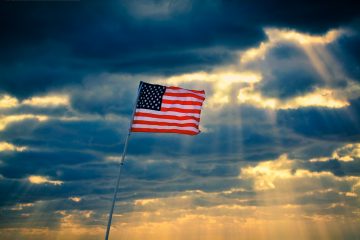
The Rightward Shift of U.S. Foreign Policy Didn’t Start with Trump
The recent confirmation of Mike Pompeo as Secretary of State by the Senate symbolizes that nationalist “hawks” dominate the Republican Party’s foreign policy. Even the famously non-interventionist Republican Senator Rand Paul supported his nomination. Pompeo’s quick and frictionless confirmation points to a shift to the right in what constitutes “common-sense” in US foreign policy. However, as this article will argue such changes in US foreign policy have predated Pompeo’s nomination and even President Trump’s election. Mike Pompeo, who came to Congress with the Tea Party movement in 2010, is an interventionist of the America-First variety. He desires strong sanctions on North Korea, Iran and Russia, supports extra-legal military strikes in areas of jihadist activity, and deeply distrusts China’s economic and …









